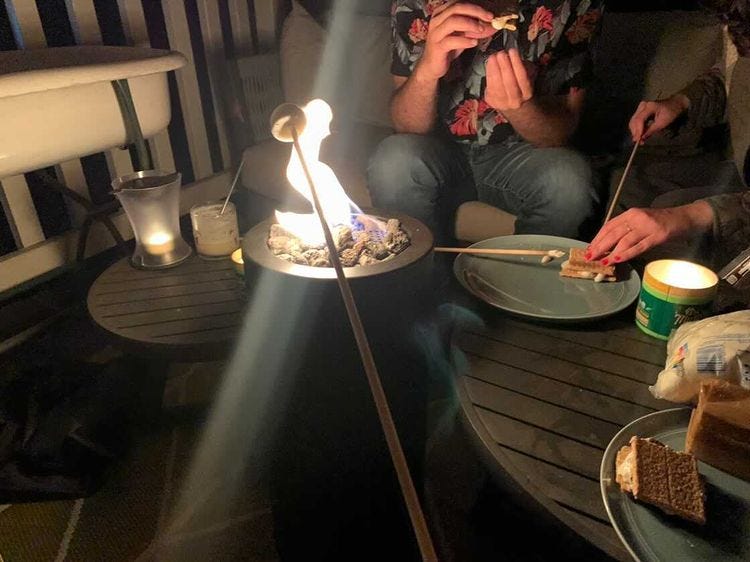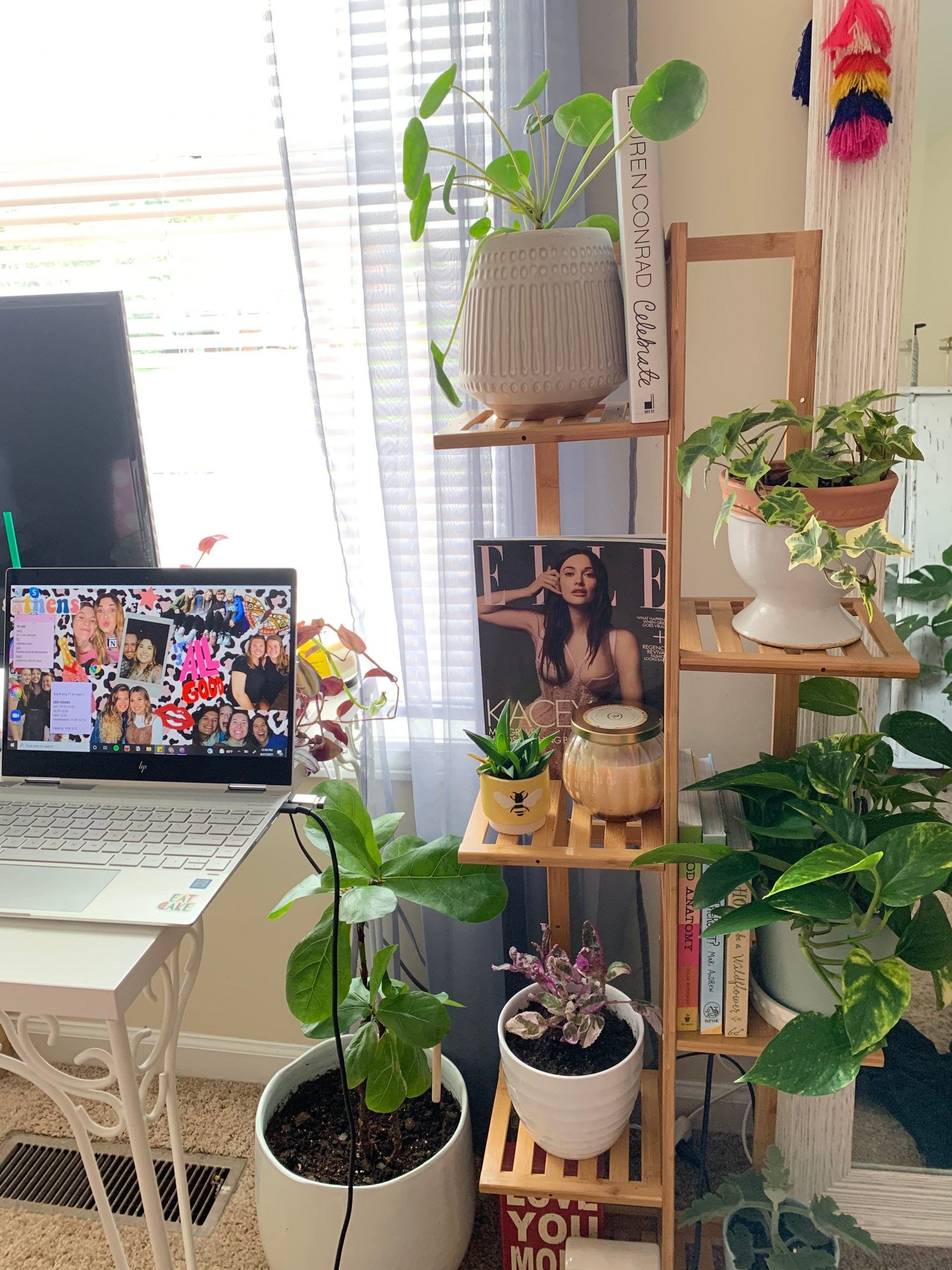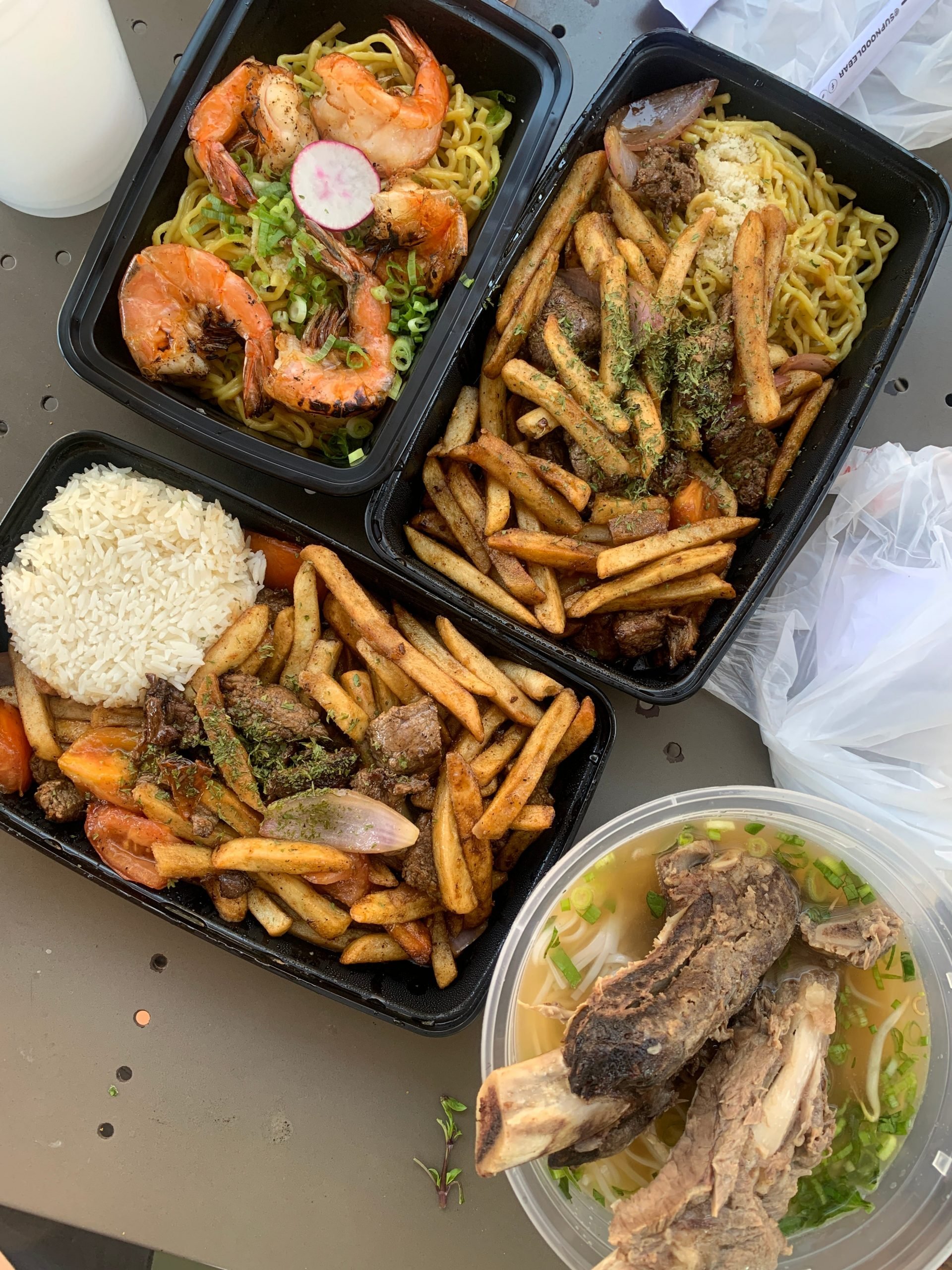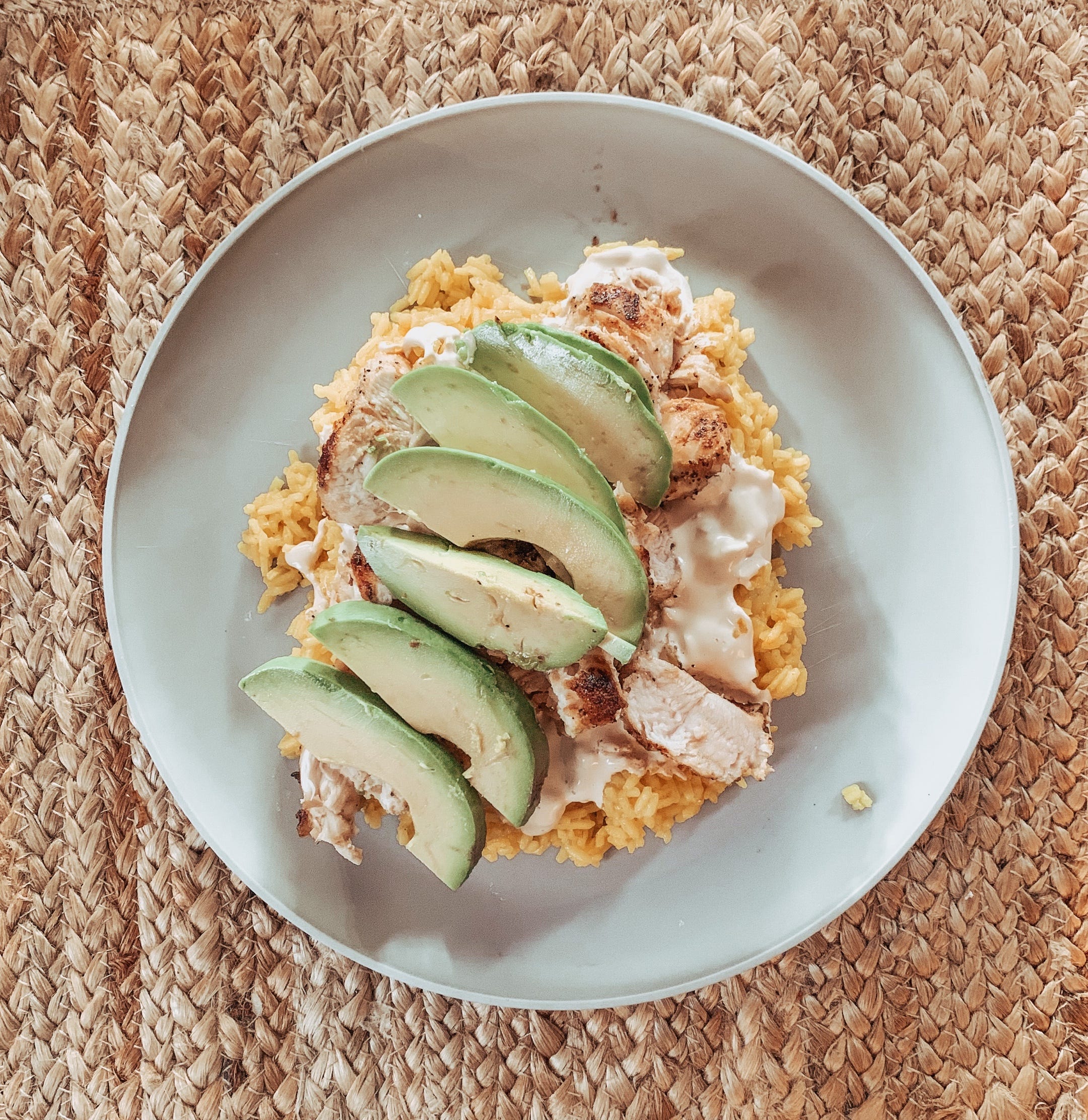
- For many people, "hot vax summer" didn't live up to expectations.
- Instead, they found themselves prioritizing a quieter way of living.
- The Delta variant has played a role in many people's reticence.
- Visit Insider's homepage for more stories.
In April 2020, my mind replayed a fantasy while I baked my 11th focaccia loaf. It'd be by August, or if we were lucky, June: The end of the pandemic.
People flooding the streets, celebrating. Masks flying off. We'd drink in the park and dance on the sidewalks and pack into bars, if for no other reason than we finally could again.
While there hasn't been a definitive, global end to COVID-19, what I imagined seemed to be part of a collective dream: Hot vax summer.
People were ready to date and party again, and hoped this summer could live up to their wildest expectations now that they could get vaccinated. On paper, it made sense: After over a year of staying at home, we'd naturally be hungry for big crowds, make-outs, and just existing around other strangers, carefree.
In reality, mid-2021 became more of a hot lax summer for many of us. We didn't dust off our slip dresses, coordinate plans with seven other overbooked people, feel our arm smooshed against someone's sweat-soaked back while we screamed our drink orders. We liked our picnics, our pillowy Velcro sandals, our nursed beers and five-hour conversations, blissfully devoid of the itch to be anywhere else.

Chloe Sisson
Many people were not in the mindset to casually date or go out like they thought they would. Instead, they left their homes more, but prioritized a low-key expression of freedom.
Some people have been enjoying the silence
For some, it had to do with the fact that COVID-19 is far from gone. Even without the Delta variant, going back to pre-pandemic life after a long period of vigilance wouldn't be as simple as turning on a switch.
"Prior to COVID, I would definitely feel some FOMO, but these days I'd rather just err on the side of caution and going outside in populated areas now gives me anxiety," said Benny To, 28, who lives in Los Angeles. Instead, he's opted for small gatherings with friends, usually staying in.

Benny To
For others, the reluctance to return to a life of back-to-back plans didn't stem from COVID concerns as much as outgrowing the need to fill every vacant moment.
"During the initial lockdown, I couldn't wait to go out again, and swore that I would never turn down a social invitation," said Anna, 30, in Los Angeles, who asked to use her first name for privacy. "But as we actually got into summer, I felt myself being more anxious than excited. And feeling this (sometimes overwhelming) pressure to have fun or to make a big show of what I've been doing."
"Pre-pandemic, I always thought of myself as a huge extrovert, and I think that's still true, but I really value my quiet time now in a way I never consciously did before," said Molly Shoemaker, 31, in Queens, New York.
Shoemaker describes herself as really busy before March 2020 - something she thinks she partly did "to avoid having to really think about what [she] values or what really makes [her] happy." Now, she takes long walks, goes to the library, shops at the farmer's market, and makes it a point to only say yes to things she actively wants to do.
Being more selective about plans gets easier when you know who you want to spend time with. "What I missed more than just being in a large crowd was feeling close to people I care about," said Anna, who now looks forward to having small groups of friends over for barbecues on her apartment deck.
Finding your inner introvert
For some single people, who expected to benefit the most from the newfound liberation of hot vax summer, the more appealing route was doing just the opposite.
"I was on dating apps a few months ago, met a guy, and deleted them all," said Chloe Sisson, 21. She met her boyfriend in December and prefers spending a cozy night in or going to a nice dinner together.

Chloe Sisson
The desire for closer connection extends beyond her romantic relationship. During the pandemic, Sisson moved home to Atlanta to be closer to her parents, whom she considers "more like friends." Before that, she bonded with her roommates when they all had to take remote classes in their living room.
"I've enjoyed getting to spend time with the people I truly care about," said Sisson, adding that she also loves the balance of having more "time to read and write and take care of [her] plants."
While the logical fantasy of lifting lockdown involved disappearing into a crowd, the greater freedom, for many, was the chance to be themselves in the outside world, without hoping it didn't make them look boring or uncool.
For those who realized they thrived in a slower-paced life, getting to see friends, family, and partners more often and with fewer restrictions felt thrilling, because they got to fully enjoy it without the looming expectations set by other people's Instagram Stories.
"At first, I couldn't wait to get back out and get back to how things were," said Anna. "But now, I prefer the smaller, quieter way I've been living."